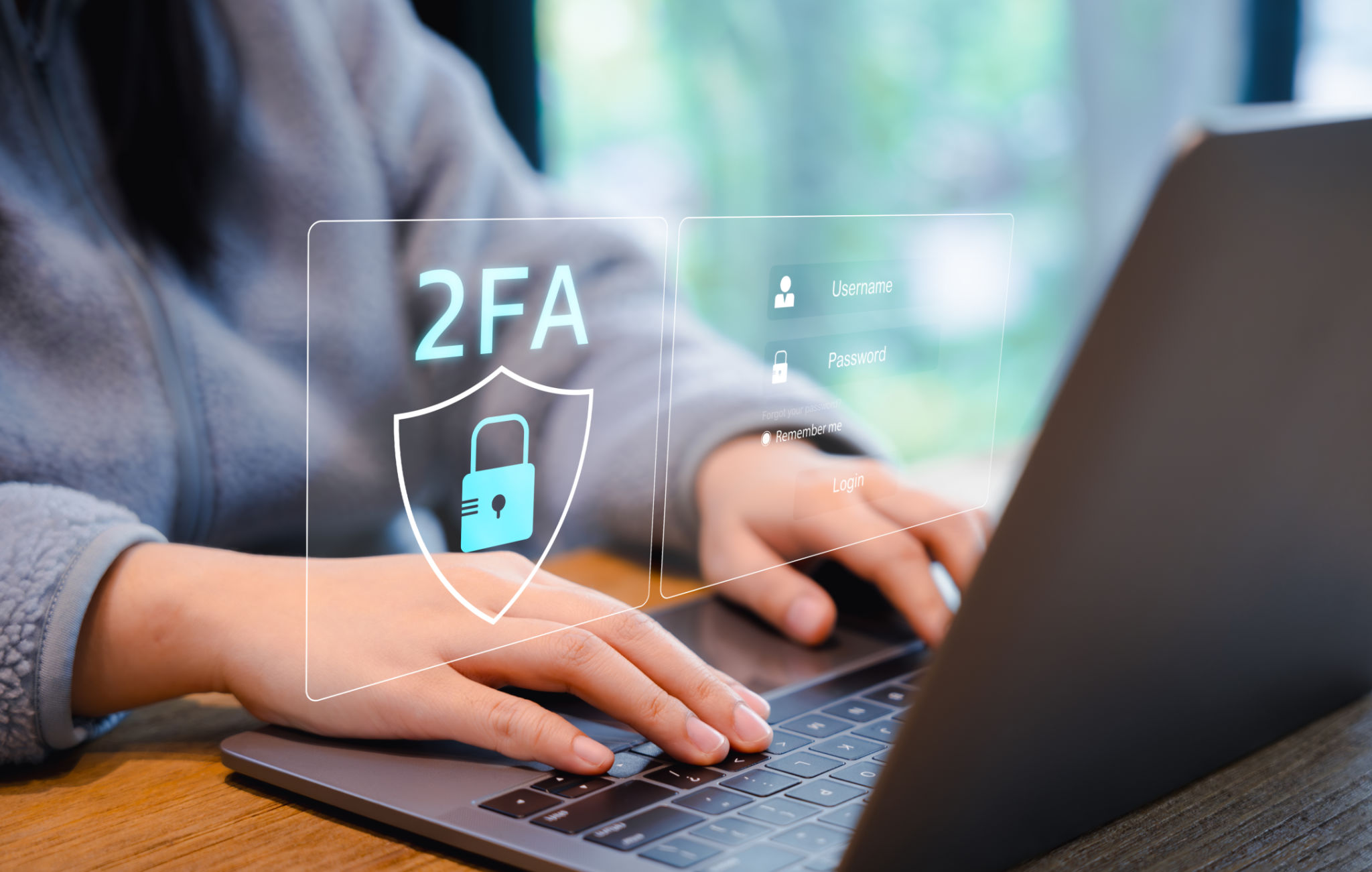Strengthening Your SME's Cybersecurity: Best Practices to Implement Now
Understanding the Importance of Cybersecurity for SMEs
In today's digital age, small and medium-sized enterprises (SMEs) are increasingly reliant on technology to drive their business operations. With this dependency comes the heightened risk of cyber threats. Cybersecurity is no longer an option but a necessity for SMEs to protect their data, maintain their reputation, and ensure the continuity of their operations. Many SMEs mistakenly believe they are too small to be targeted, but this misconception can lead to significant vulnerabilities.
Cybercriminals often view SMEs as easy targets due to their typically weaker defenses compared to larger corporations. Strengthening your cybersecurity framework is essential for safeguarding your business and customer data. It's time to take proactive steps to enhance your cybersecurity measures.

Implementing Strong Password Policies
One of the simplest yet most effective ways to enhance your SME's cybersecurity is by implementing strong password policies. Encourage employees to use complex passwords that combine letters, numbers, and special characters. Regularly updating passwords and avoiding the reuse of old ones are also crucial practices.
Consider utilizing a password manager to generate and store secure passwords, minimizing the risk of human error. Additionally, educate your staff on the dangers of using easily guessable passwords, such as birthdays or common phrases. A robust password policy can act as a formidable barrier against unauthorized access.
Utilizing Two-Factor Authentication
Adding an extra layer of security through two-factor authentication (2FA) can significantly reduce the risk of unauthorized access. 2FA requires users to verify their identity using two different methods, typically something they know (like a password) and something they have (like a mobile device). Implementing 2FA across all accounts can deter cybercriminals from gaining access, even if passwords are compromised.

Regular Software Updates and Patch Management
Keeping your software up-to-date is a fundamental practice in cybersecurity. Software vendors frequently release updates and patches to address vulnerabilities and enhance security features. Failing to install these updates can leave your systems exposed to cyber threats.
Implement a schedule for regular software updates and establish a patch management process to ensure that all applications and systems are kept current. This proactive approach will help protect your SME from known vulnerabilities that cybercriminals often exploit.

Employee Training and Awareness
Your employees play a vital role in maintaining your SME's cybersecurity. Regular training and awareness programs can equip them with the knowledge and skills needed to identify potential threats, such as phishing emails or suspicious links. Educating your staff on best practices for data protection and safe internet usage can create a human firewall against cyber threats.
Consider conducting simulated cyber attack exercises to test your employees' readiness and reinforce the importance of vigilance in maintaining cybersecurity. An informed workforce is one of the most powerful defenses against cybercrime.
Establishing a Cybersecurity Policy
A comprehensive cybersecurity policy serves as a guideline for your SME's approach to protecting its digital assets. This policy should outline procedures for data protection, incident response, and acceptable use of technology within the organization. Clearly defined roles and responsibilities will help ensure that everyone understands their part in maintaining cybersecurity.
Regularly review and update your cybersecurity policy to adapt to new threats and technological advancements. A well-structured policy will provide a solid foundation for building a secure digital environment.
Conclusion: Proactive Measures for Long-term Security
The rapidly evolving nature of cyber threats requires SMEs to adopt proactive measures to safeguard their operations. By implementing strong password policies, utilizing two-factor authentication, maintaining regular software updates, training employees, and establishing a robust cybersecurity policy, your business can build a resilient defense against potential cyber attacks.
Investing in cybersecurity not only protects your SME from financial loss but also strengthens trust with customers and partners. Prioritize these best practices to ensure your business's long-term security and success in the digital world.